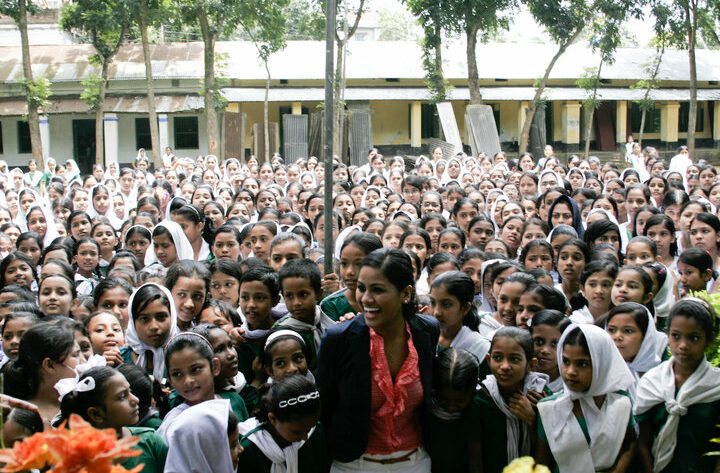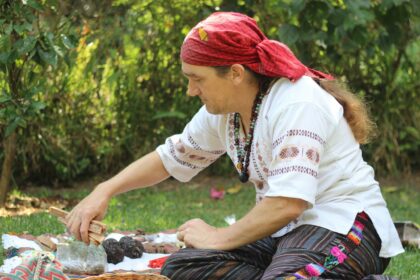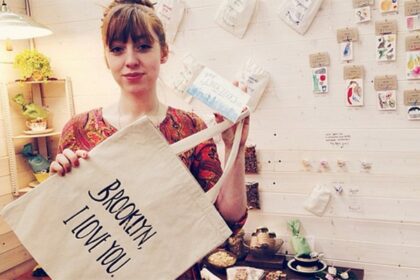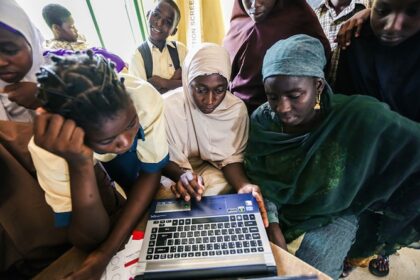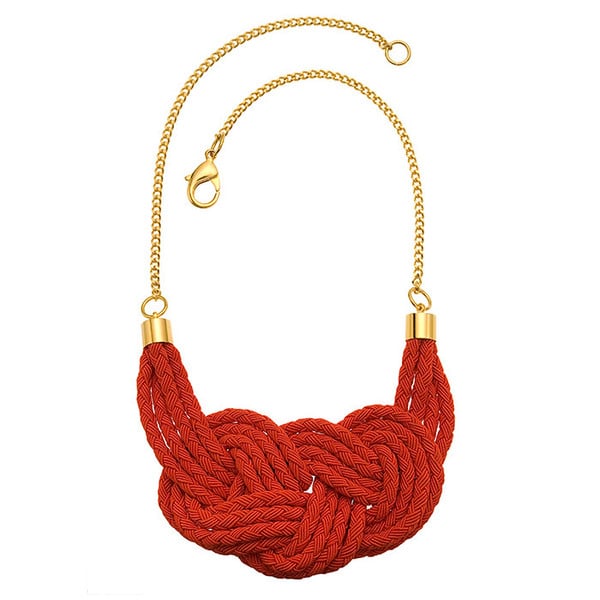
Like all good stories, this one began a long time ago in a faraway place. It started in the small town of Bogra in Bangladesh before Nur-E Farhana Rahman was even born. It was the 1960s and her great grandfather, a social reformer, founded the Bhandari Girls’ School. A progressive visionary ahead of his time, he understood the importance of girls’ education.
Decades later, the school has grown to over 1,200 students, never losing its inclusive spirit. Unfortunately, that meant limited resources, tough choices and constant sacrifice. When Nur-E visited the school for the first time at age ten, she was struck by its dilapidated state.
Even at a young age, she knew she wanted to help restore it, but what could a little girl with dreams of becoming a fashion designer do?
As she got older, Nur-E’s dream of becoming a fashion designer had faded but her desire to support the Bhandari School never did. Like so many college grads, she put aside her creative interests in pursuit of more practical and meaningful endeavors. She began working in international development, hoping to make a positive impact on the world but feeling creatively unfulfilled.
It wasn’t until a second visit to the Bhandari School in 2011 that those two worlds would serendipitously collide. When Nur-E arrived, she found overcrowded classrooms, sometimes with sixty girls to a room, broken desks and chairs, and outdated textbooks. It was a sobering experience and a major wake up call.
While she didn’t know it then, it was also the moment that Knotty Gal was born.
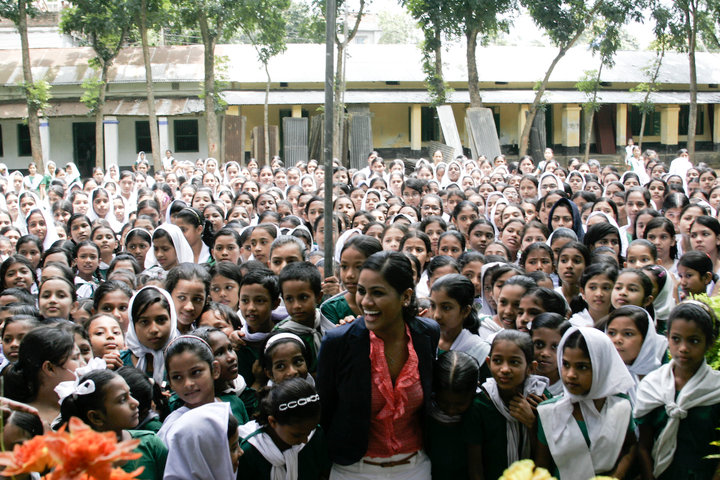
Nur-E was at a crossroads. Her desire to help was as strong as ever but so was her drive to express herself creatively. She turned to a trusted source. Her mom. A talented artist in her own right, Nur-E’s mother hand made beautiful and intricate knots as adornments for companies in the famed New York Garment District. Her designs had decorated boutique items for big names like Ralph Lauren and Caroline Herrera.
They decided to turn her mother’s knots into jewelry and use a portion of the proceeds to raise money for the school. Together the duo brainstormed jewelry concepts, and Nur-E’s mom hand made the pieces. The big unknown was how people would respond. Nur-E began to test drive the samples, wearing them out to events around Manhattan. The result?
“I got so many compliments. People would literally stop me on the street. That’s when I knew we were on to something exciting.”
Knotty Gal was officially launched in May 2013.
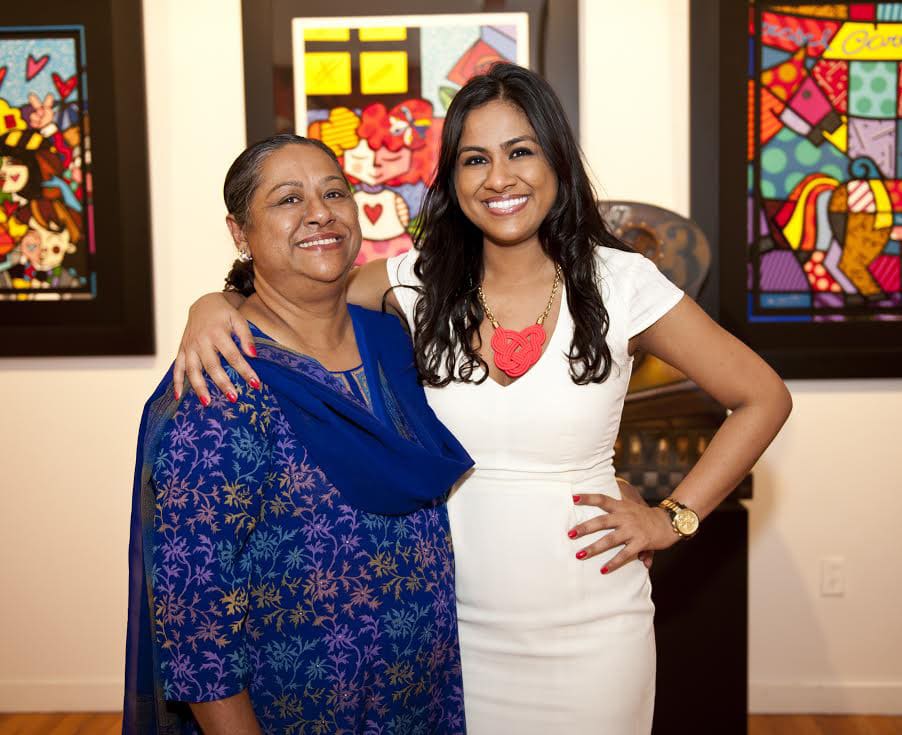
Since its inception, Knotty Gal has been seen in Forbes, Huffington Post, Daily Candy, PopSugar, and forged a partnership with actress Amber Valletta’s lifestyle site Master & Muse. Nur-E and her mom have also signed a contract with BRAC to provide computer education training to every single girl at the Bhandari School.
What’s next for this mother daughter duo? A Kickstarter campaign to expand manufacturing, and they hope to provide free breakfast and lunch to all the Bhandari students. Right now, the girls only receive a daily snack, and some are so destitute they come to school for the snack alone.
Nur-E sat down with Epicure and Culture to talk about why women are so obsessed with jewelry, her commitment to her great grandfather’s vision and whether the sustainable business model is just a fad.
Why jewelry?
I’ve always loved jewelry. It’s powerful in so many different ways. I really believe it has the ability to connect people. I see it all the time. Jewelry is often a conversation-starter, and I continue to be blown away by how often complete strangers will come up to me and comment on whatever piece I have on. It’s such a wonderful icebreaker. It’s a basic human desire to connect with others or share your story, and jewelry often provides the opening.
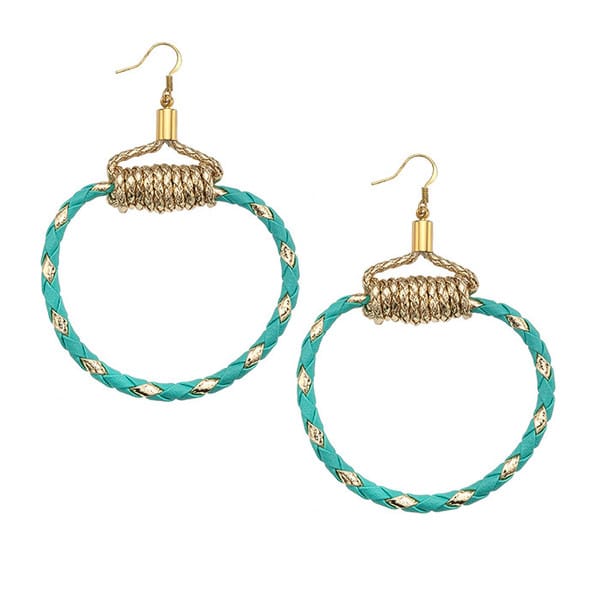
What is it about jewelry that speaks to women?
Jewelry is an effective way to experiment with personal expressions of style. On nights when I could use a boost of confidence or some edginess, I’ll opt for something like our Party Like a Rock Star necklace. That spikey little piece completely transforms my little black dress and, with it, my whole attitude. It can be a great, cost-effective way to update an old look or to experiment with a new one. That’s why so many of us women can’t get enough of it. There’s power in that transformation!
Describe the quintessential Knotty Gal?
She’s fun, fashionable and socially conscious. She’s the love child of Mindy Kaling, Cara Delevingne and Lauren B. Wouldn’t that be incredible?! She’s style-savvy, but cares about the stories behind the pieces in her wardrobe. Knotty Gals are always searching for unique, handcrafted items that are interesting, expertly made and serve a purpose beyond their aesthetic value. Knotty Gals explore life through travel, food, art, and giving back to their local and global communities. In short, Knotty Gals are changing the world, kicking ass, taking names, and looking damn good doing it!
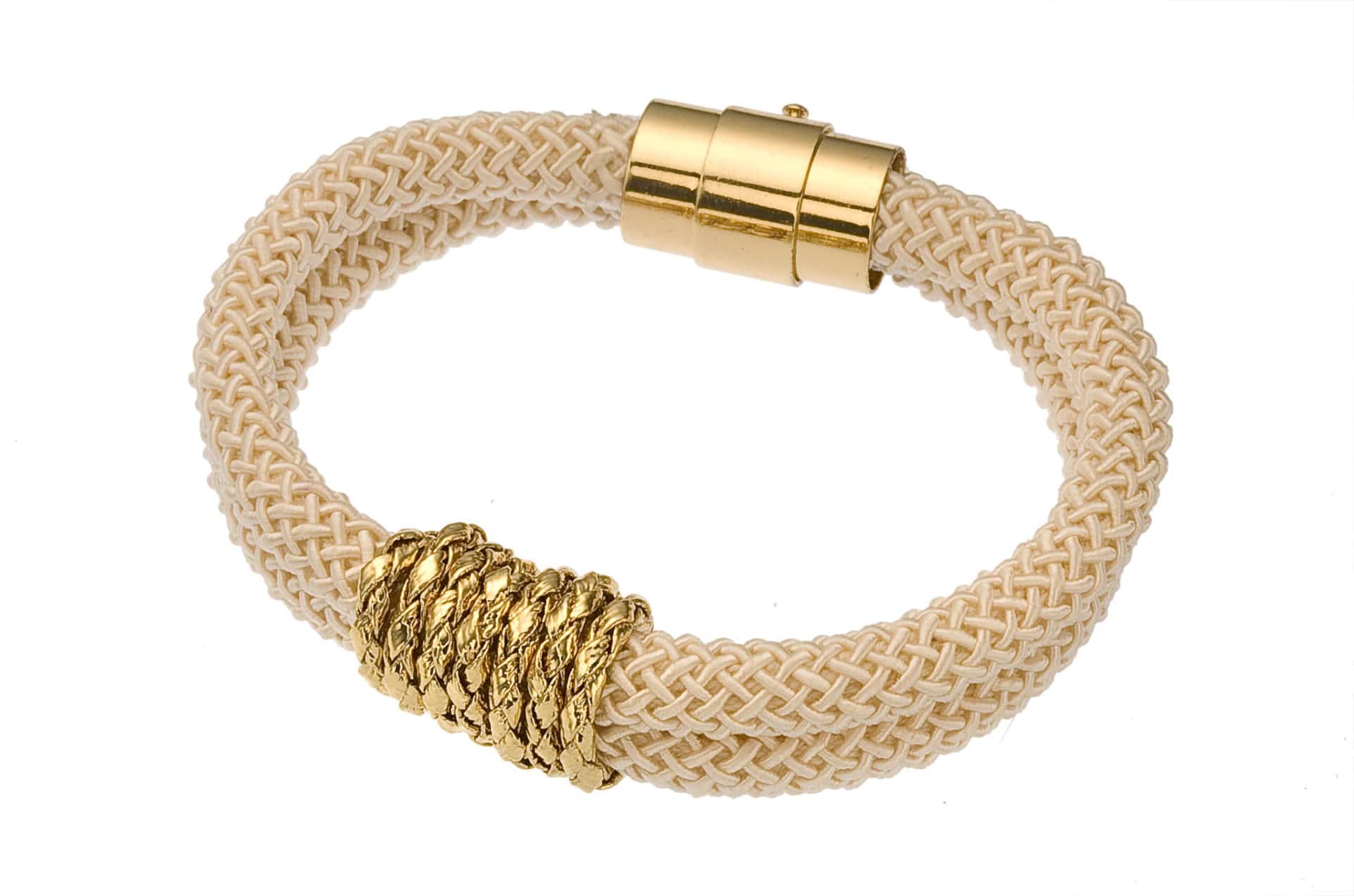
A commitment to girl’s education runs in your family. Why do you think it’s so important?
The Bhandari Girls’ School was the first of its kind in that area. At the time, Bangladeshi society did not place the same importance on educating girls like it did on boys. My great-grandfather understood that by educating girls, you could transform lives, families and even societies. Statistically, women in the developing world are the most effective change agents, and there’s no better way to empower a girl than to educate her.
In my family, that early commitment to girl’s education was passed down from generation to generation, and today my mom and I are working hard to keep the legacy alive. There’s no shortage of challenges facing Bangladesh, and we hope that by helping to educate girls, even if it’s only at just this one school for now, we can make a real impact on the future of these girls and, through them, the country as a whole.
We’ve heard a lot about the new sustainable business model. Do you see it growing and evolving?
In the past year alone, I’ve seen a dramatic increase in the number of sustainable businesses popping up. Consumer demands are changing. These days it’s simply not always enough for companies to provide the most economical or highest quality good or service. Customers want to know their money is going toward a purchase that is environmentally kind, or ethically made, or socially impactful. Because of that, I think we’ll continue to see new businesses selecting the sustainable model and established businesses incorporating it and expanding CSR in their existing practices.
Transparency will also matter more than ever, and storytelling will play a huge role in this transition. The consumer of today is far more socially aware than ever before, and this consciousness will only heighten as we move forward into an increasingly global marketplace. This is just the beginning for social entrepreneurs, and I’m excited to see where it goes next!
By Abby Sugrue
Also Check Out:
Do You Want To Be A Travel Blogger?
Tracing The Heritage Of The Delicious Bakarkhani From The Mughal Era To Present Day South Asia
How Coffee Is Helping Bring World Peace
Latest posts by Abby Sugrue (see all)
- How A Farm-To-Fork Food Truck Is Providing A Positive Future For Formerly-Incarcerated Youth - Nov 24, 2014
- 48 Hours On A Vineyard: 5 Things I Learned During Harvest Season - Nov 10, 2014
- How Jewelry Is Helping Underprivileged Girls In Bangladesh Gain An Education - Oct 28, 2014
- Get Involved: Celebrate International Day of the Girl By Helping Provide An Education - Oct 10, 2014
- Shakshuka: The Key To Delicious Cultural Immersion On A Budget In Israel - Sep 29, 2014

